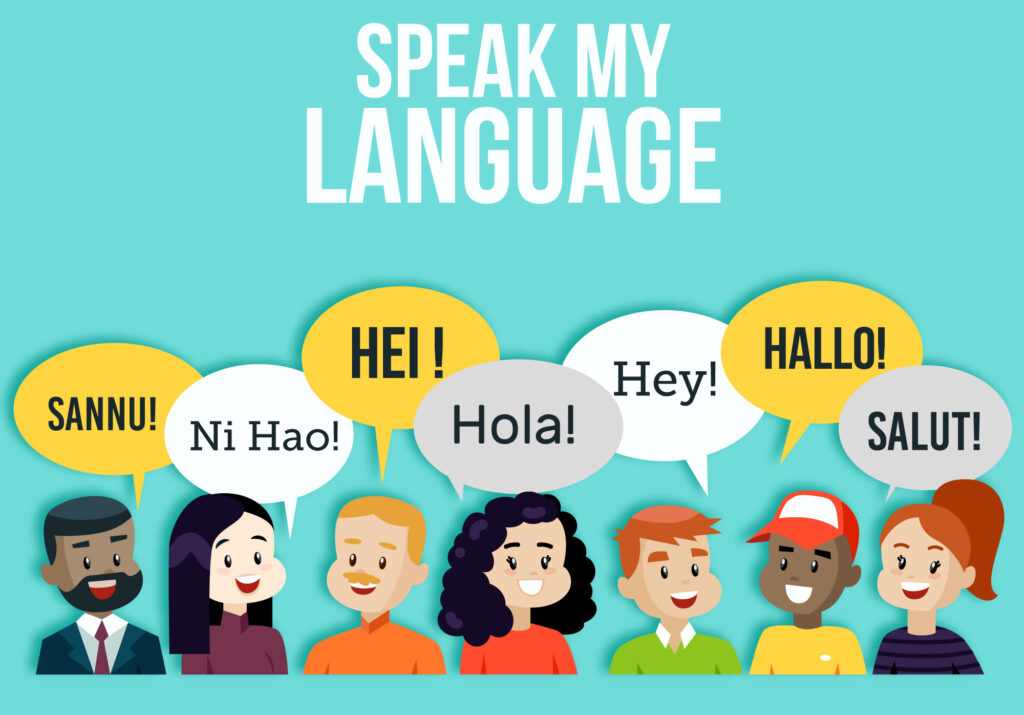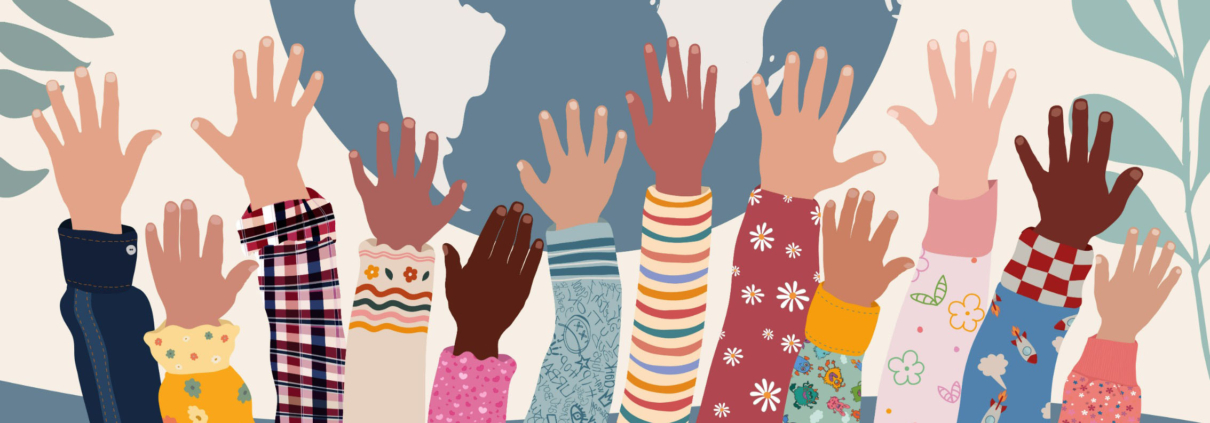Final Course Reflection
In this class, we did many things and we went through a lot of content. One of the first things that stands out to me that is meaningful is when we watched Precious Knowledge. I think this documentary was very powerful and inspiring, not only to me but to other students as wel,l who might not know the struggles that minorities go through.
Another thing that we did in class that stands out to me was the jeopardy game. I am very grateful we did not have a test and that our form of mid-term was a fun learning game where each and every single of of my peers got to participate one way or another. This jeopardy game is something that I will definitely will be using as a teacher in the future.
Lastly, something that was meaningful to me from this class was Alfie Kohn's “What to look for in a classroom”. I think that when I become a teacher in the future, I will be using Alfie Kohn’s chart. His chart is one of the pieces of content that stuck the most with me throughout the semester, and I would even notice myself looking for “good signs” each time I went into a classroom. I have seen classrooms that look like his chart, and the environment in those classes is always a nice one.



